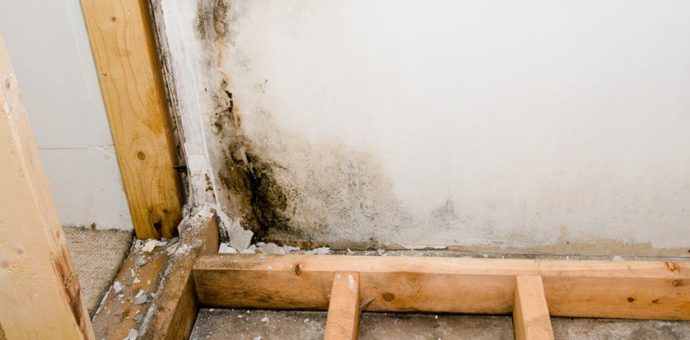Why Black Mold Is a Major Threat
In every quaint community, the pastoral beauty and tranquil pace of life are treasured by its residents. However, even in such idyllic settings, homeowners and businesses are not immune to the encroaching threat of black mold, a concern that we take seriously. Understanding why black mold is a significant hazard is paramount in safeguarding our health and properties.

Understanding Black Mold
Black mold, scientifically known as “Stachybotrys chartarum”, thrives in damp and poorly ventilated environments, commonly found in areas with persistent moisture – be it from leaky pipes, flooding, or condensation. It is characterized by its dark appearance and can be spotted in basements, bathrooms, and around window frames, where it clandestinely undermines air quality and property integrity. Black mold is singled out for its potential to produce mycotoxins, which can pose various health risks upon exposure.
Health Implications of Black Mold Exposure
Exposure to black mold spores can trigger a range of symptoms, highlighting the importance of swift action in mold identification and remediation. Individuals with mold allergies may experience heightened sensitivity leading to respiratory issues such as sneezing, coughing, and nasal congestion. Asthma sufferers are particularly vulnerable, as mold can exacerbate asthma symptoms, increasing the risk of attacks.
For those with compromised immune systems – including the elderly, infants, or individuals undergoing treatments that lower immune defenses – the stakes are higher. These populations may experience more severe reactions, from persistent respiratory infections to potentially life-threatening conditions like hypersensitivity pneumonitis.
Diagnosis and Treatment of Mold Exposure
Recognizing the symptoms is just the first step. Healthcare providers may employ various diagnostic tests, including skin prick and blood tests, to confirm mold allergies. Treatment typically involves avoiding exposure to mold spores, taking medications to alleviate symptoms, and in some cases, undergoing immunotherapy.
Effective Mold Prevention Strategies
Preventing mold growth is crucial, especially in areas prone to dampness and high humidity. It is recommended to maintain an indoor humidity below 50%, repair leaks promptly, and ensure adequate ventilation throughout the home. Mold-resistant products and regular cleaning can also mitigate the risk of mold development.
Professional Mold Remediation
In instances of significant mold growth, professional remediation becomes necessary. Employing professional services guarantees thorough removal, reducing the likelihood of recurring mold problems.
Black mold represents a genuine health threat, making awareness and preventive measures essential components of property maintenance. We at DC Eager Emergency Services, LLC remain committed to assisting the community in identifying, treating, and preventing mold to ensure the well-being of all its members. For further assistance, you can reach us at (717) 989-5763 or fill out our contact form to schedule an assessment.

